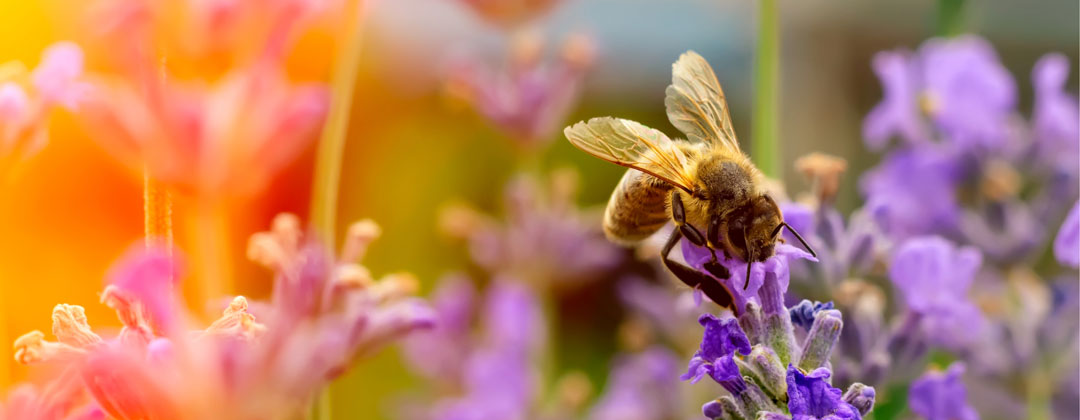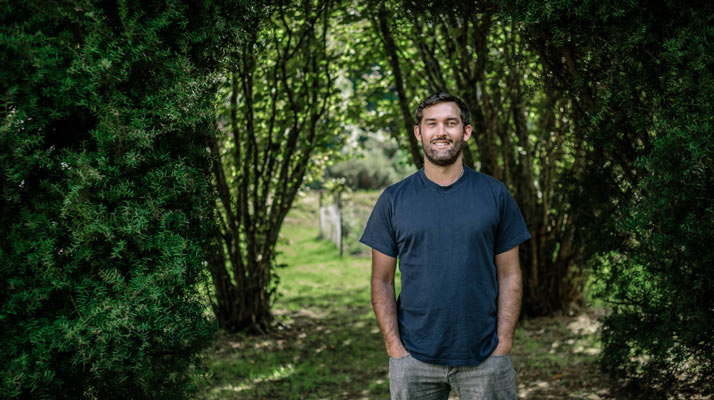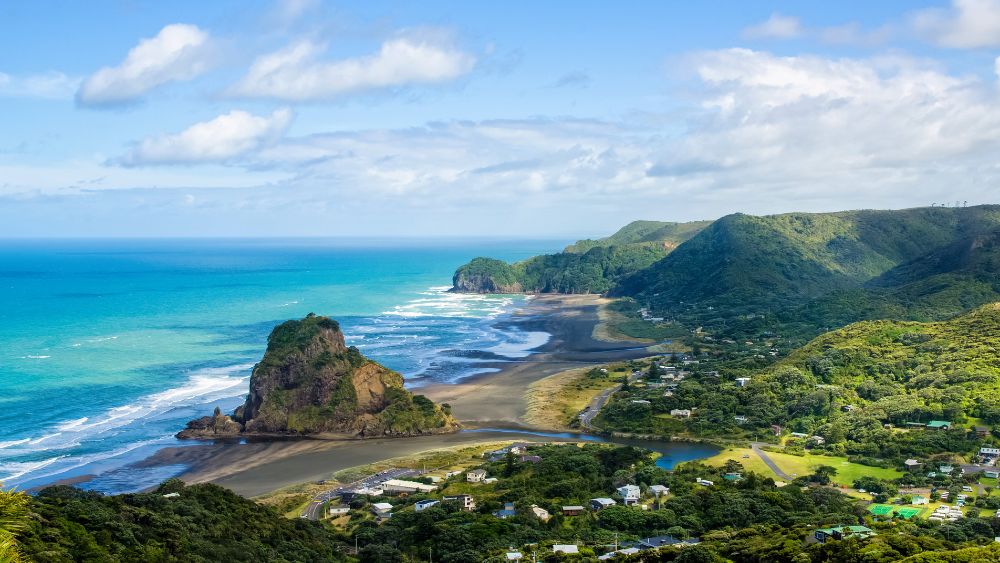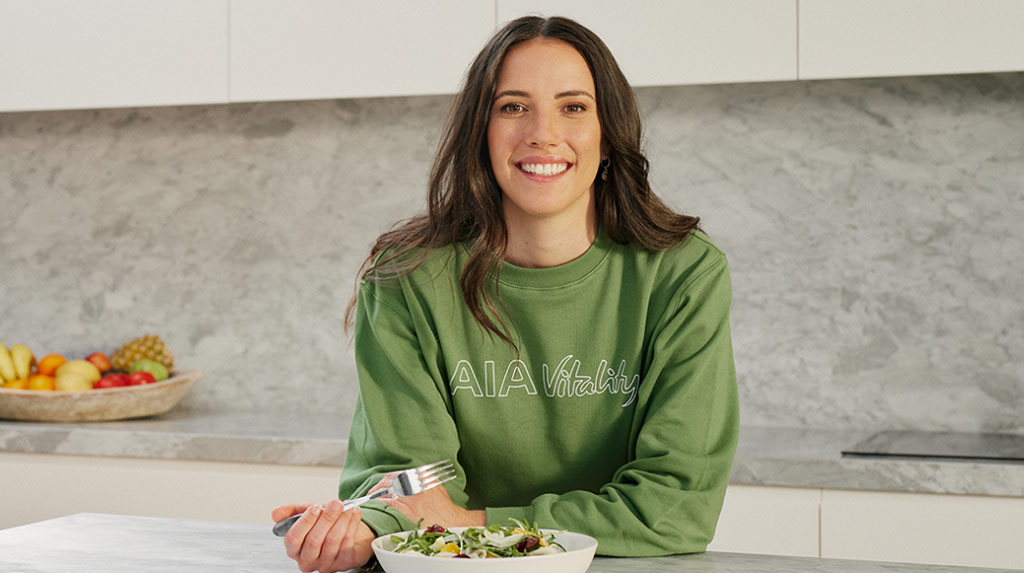Regenerative farming isn’t just about growing food, it’s about restoring balance to ecosystems and communities. Charities like For the Love of Bees are proving that biology-first farming benefits both people and the planet.
The quiet heroes of our ecosystem
Imagine a world without fruit, coffee or chocolate. These everyday foods, together with nearly three quarters of the variety in our diet, exist thanks to pollinators. Yet, their populations are under threat as habitat loss, driven by pesticide use and climate change, continues to reduce their food sources and nesting spaces.
In Aotearoa New Zealand, the decline of pollinators is more than just an environmental issue- it’s a wakeup call for the future of our food systems.
One initiative working to protect and restore urban ecosystems for bees is For the Love of Bees, a not-for-profit trust founded by artist, turned environmental advocate, Sarah Smuts-Kennedy. Through innovative urban farming and education, Sarah and her team have been proving that even a city centres can become thriving, pollinator-friendly spaces.
Why are bees so important?
While honeybees often get the spotlight, Sarah is quick to remind us that native bees, moths, butterflies, and even flies play an equally vital role in pollination.
In New Zealand's subantarctic islands where bees and butterflies are absent, flies and moths have been identified as key pollinators. Research indicates that these insects are drawn to the large, colourful flowers found on the islands, helping to spread pollen in these unique ecosystems1.
“We get really obsessed with honeybees, but there are actually so many native bees that are unique to New Zealand,” she explains.
Aotearoa New Zealand is home to 28 native bee species, in addition to the introduced honeybee2. These insects are responsible for fertilising plants and ensuring the production of fruits, vegetables, and seeds. Without them, our food systems would struggle to sustain production.
Pollination contributes to about 75% of global food crops3, making it one of the most essential natural services on earth. Despite this, increasing urbanisation and agricultural intensification have made it harder for pollinators to survive. The widespread use of pesticides like neonicotinoids and glyphosate (commonly found in herbicides) has led to population declines and the disruption of ecosystems.
A regenerative approach: healing land for bees
Sarah's journey began in 2016 when she launched For the Love of Bees as an art project.
"It started as an artwork looking at how we could turn Auckland into a safe city for bees. My role as an artist was to support people in their vision of how they thought they could contribute to this. Over time, it became increasingly centred around regenerative horticulture, ensuring that the flowers bees rely on were safe and not toxic," Sarah recalls.
Her team’s first major project, OMG – Organic Market Garden, transformed an unused plot of CRL land on Symonds Street into a thriving urban farm. "We took a biology-first approach, meaning we prioritised soil and pollinator health, creating an environment that was resilient, pest resistant, and abundant in high nutrition plants," she says.
At the core of this work is the principle that healthy soil equals healthy plants, which equals healthy pollinators and people.
The initiative’s success has led For the Love of Bees to focus more on education, with the development of Earthworkers Regenerative Hort 101 in 2020, a five-day intensive course that teaches New Zealanders how to transition from conventional growing to regenerative, bee friendly practices.
How you can create a bee friendly space
Even if you don’t have access to farmland, there are plenty of ways to support pollinators in your community.
Sarah’s advice is simple: plant more flowers.
“A bee doesn’t care whether the flower is in a pot plant, on the side of the road, or in a big garden, it just wants the flower. The bee needs the flower to be high in nutrition and not toxic,” she says.
To help bees thrive, consider:
- Planting a variety of flowers that bloom year-round, especially in autumn and winter, when food sources are scarce. Try growing lavender on your kitchen windowsill or rosemary which is a great kitchen herb that is resilient, producing edible flowers loved by bees.
- Choosing organic seeds that aren’t coated in harmful pesticides like neonicotinoids.
- Leaving areas of soil undisturbed for native ground dwelling bees. Unlike honeybees, some of New Zealand’s native bees nest in the ground or inside plant stems. “If you’re out in the garden, be mindful where you dig because you might be disrupting an entire colony of native bees,” Sarah explains.
- Avoiding herbicides and pesticides, particularly during peak pollination seasons. Instead, opt for organic gardening methods and apply any necessary treatments after sundown when bees are less active.
- Building small bee hotels to provide shelter for solitary bees. You can create one using wood, bamboo, or upturned flowerpots4.
The future of regenerative farming
Looking ahead, Sarah believes that regenerative farming is key to helping solve biodiversity loss and food security.
“Biology-First Regenerative food production is one of the fastest ways to restore ecosystems,” Sarah says. "But conventional farming often relies on simply adding more and more inputs, whether it's pesticides, synthetic fertilisers, or even organic compost, without understanding what the soil actually needs. We need to move away from that mindset and learn how to work with nature."
Sarah explains that soil already contains the nutrients plants need, but conventional farming methods often disrupt the natural processes that make those nutrients available.
Instead of constantly adding nutrients from a bag, Sarah and her team teach farmers to let soil microbes do the work.
"Microbes are the most important thing, other than the plant itself and the soil. They hold the soil together, retain water in droughts, and access nutrition across the site to make it available to the plant. They consume and digest minerals, turning them into a soluble form that plants can absorb.”
With over 200 graduates from the Earthworkers Hort 101 programme now applying regenerative practices across New Zealand, Sarah is optimistic about the future.
“We’re growing a movement of people who know how to heal landscapes while feeding communities,” she says. “It’s not just about protecting bees, it’s about creating resilience in our food systems and in ourselves.”
Bee the change
If you want to be part of the solution, start by making your home or community a haven for pollinators.
Regenerative farming isn’t just about growing food, it’s about restoring balance to ecosystems and communities. Charities like For the Love of Bees are showing that cities and our rural landscapes can be transformed into pollinator-friendly spaces, proving that biology-first farming benefits both people and the planet.
By taking small, intentional acts, liking buying organic produce or growing organic flowers, we can all contribute to a world where pollinators and people thrive together.
Footnotes:
- https://www.plantandfood.com/en-nz/article/could-moths-be-important-pollinators-in-new-zealands-subantarctic-islands
- https://www.fortheloveofbees.co.nz/native-bees
- https://www.plantandfood.com/en-nz/article/global-experts-rank-the-causes-and-impact-of-pollinator-decline
- https://www.aucklandcouncil.govt.nz/environment/plants-animals/plant-for-your-ecosystem/Pages/plant-for-pollination.aspx






